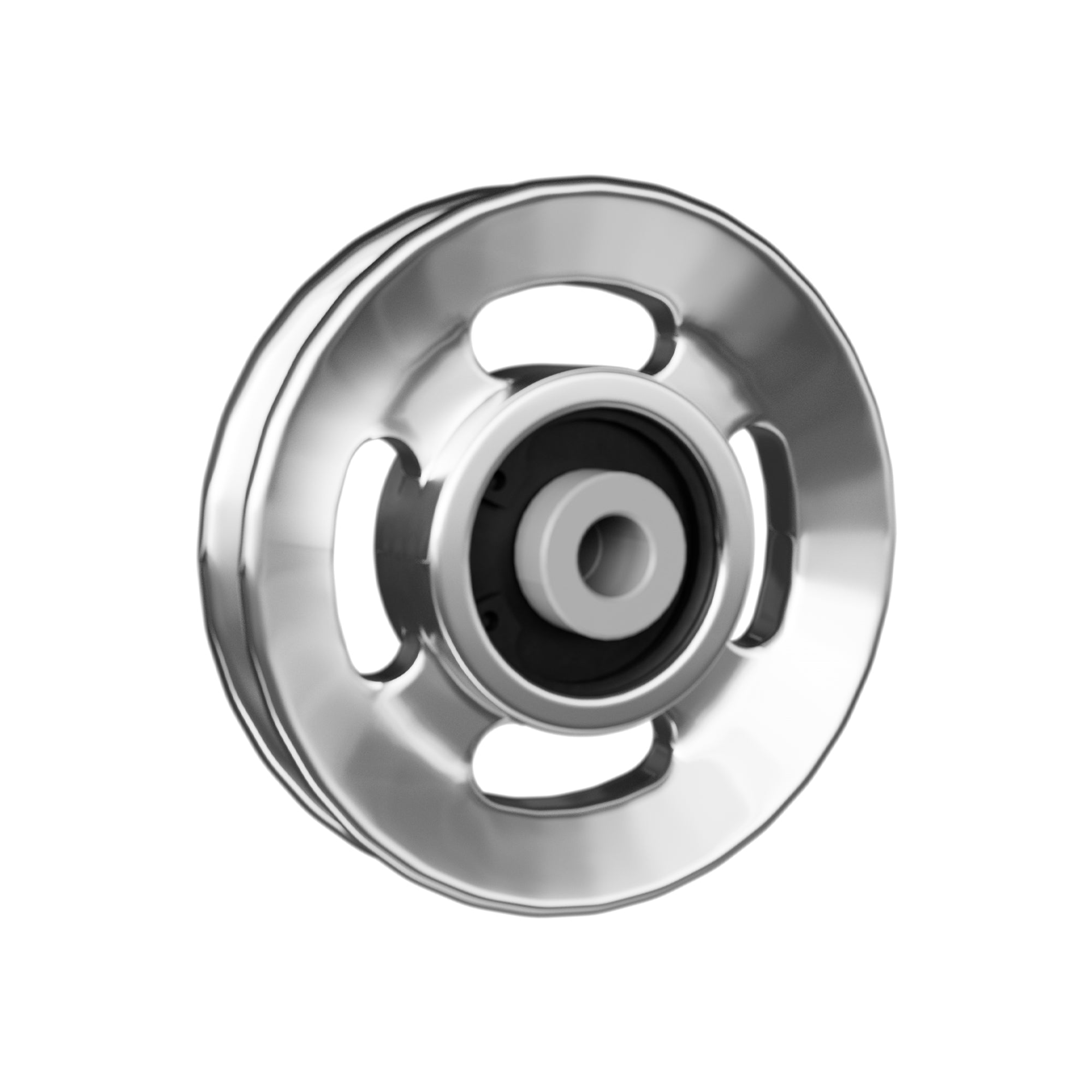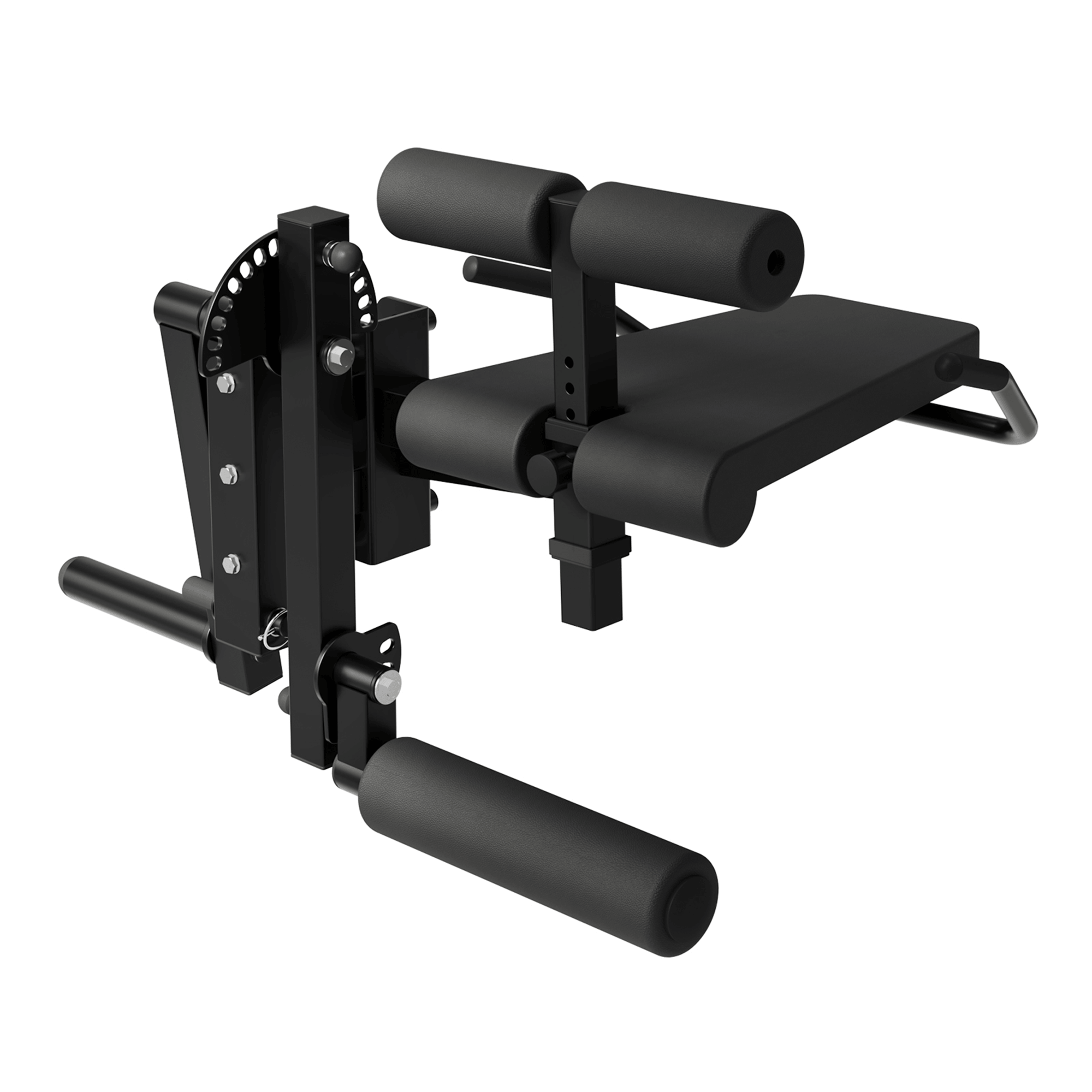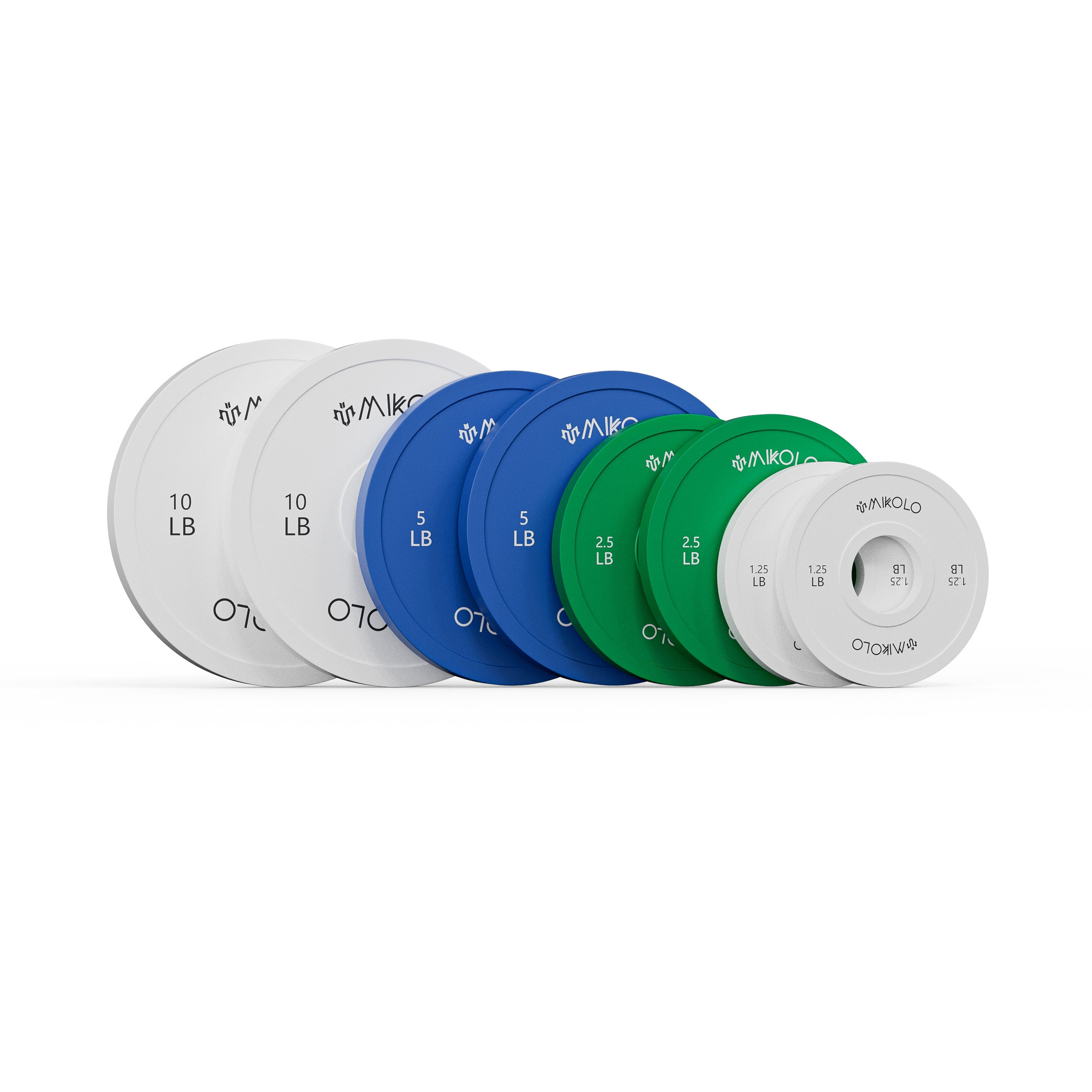When it comes to supplements that promise muscle growth and performance boosts, one question athletes often ask is, “Is turkesterone natty?” For anyone committed to training naturally, it's crucial to understand what you're putting into your body. Turkesterone has gained a lot of attention recently, but confusion still lingers: Is turkesterone natty or not? Is turkesterone natural or not? Let’s break it down clearly and factually.
What Is Turkesterone?
Turkesterone is a type of ecdysteroid—a class of compounds naturally found in certain plants and insects. Specifically, turkesterone is extracted from the Ajuga turkestanica plant, a flowering species native to Central Asia. Historically, this plant has been used in traditional medicine to support strength, recovery, and vitality.
Unlike anabolic steroids, which are synthetic hormones that mimic testosterone, ecdysteroids like turkesterone operate differently. They interact with cellular pathways that may promote muscle protein synthesis, but without binding directly to androgen receptors (the way traditional steroids do).
Is Turkesterone Considered Natty?
In fitness culture, being "natty" usually means building your physique without using synthetic or banned performance-enhancing drugs. Based on this understanding, turkesterone is considered natty by many in the fitness community because:
-
It is a naturally occurring compound derived from a plant source, not manufactured synthetically in a lab like anabolic steroids.
-
It does not mimic or replace natural hormones like testosterone or HGH.
-
It is not currently classified as a banned substance by major organizations like WADA (World Anti-Doping Agency) as of today.
However, it’s important to acknowledge that definitions of "natty" can vary depending on personal values, competition rules, or specific sports organizations. Some ultra-strict natural bodybuilding leagues might have their own opinions about newer supplements like turkesterone, but in general gym and athletic circles, turkesterone is seen as natural.
How Does Turkesterone Work?
Unlike steroids, turkesterone doesn't alter hormone levels. Instead, it is believed to influence the way cells handle protein synthesis. Early research suggests it may:
-
Support lean muscle gain
-
Enhance recovery from exercise
-
Improve endurance and physical performance
Still, most of the existing studies are either animal-based or preliminary human studies, and more high-quality clinical research is needed to fully validate these benefits.
Is Turkesterone Natural or Not?
Simply put, turkesterone is natural. It’s a botanical extract, similar to how caffeine comes from coffee beans or creatine is found in red meat. No artificial hormones or chemical modifications are involved in traditional turkesterone extraction methods.
However, one thing to watch out for is the quality and sourcing of turkesterone supplements. Some products on the market may not contain pure or properly standardized extracts. Always verify third-party lab testing when choosing a supplement.
Final Thoughts: Should You Consider Turkesterone?
For athletes who want to stay true to a natural training path, turkesterone represents an intriguing option. It offers a plant-based way to potentially support muscle growth and recovery without crossing into banned or synthetic substance territory.
That said, supplements should never replace the fundamentals—proper training, nutrition, sleep, and recovery. Turkesterone can be a useful addition to a well-rounded fitness plan, but it’s not a shortcut to success.
If you're serious about staying natty while maximizing your potential, research carefully, choose high-quality supplements, and always prioritize your long-term health over quick gains.













































Leave a comment
This site is protected by hCaptcha and the hCaptcha Privacy Policy and Terms of Service apply.